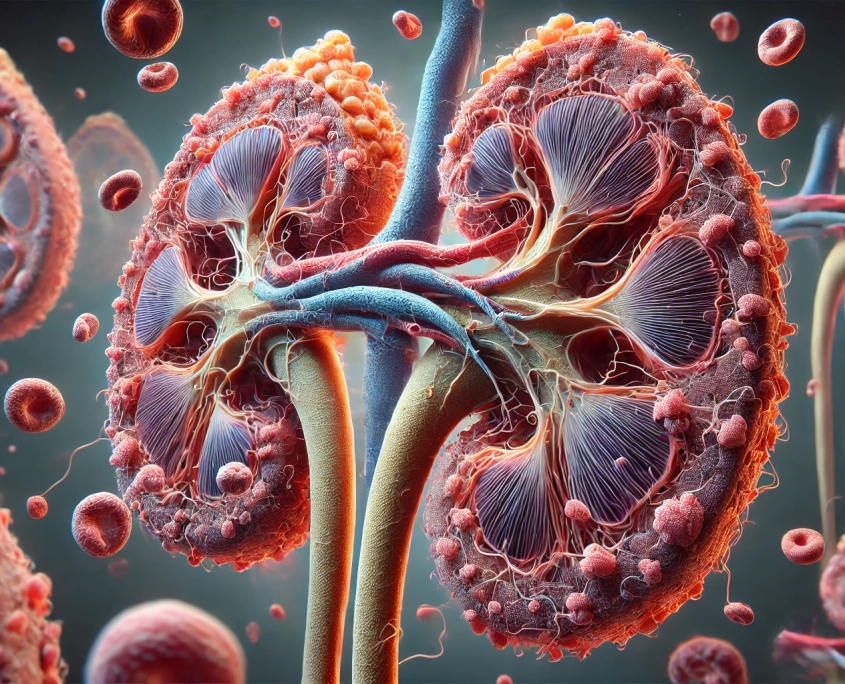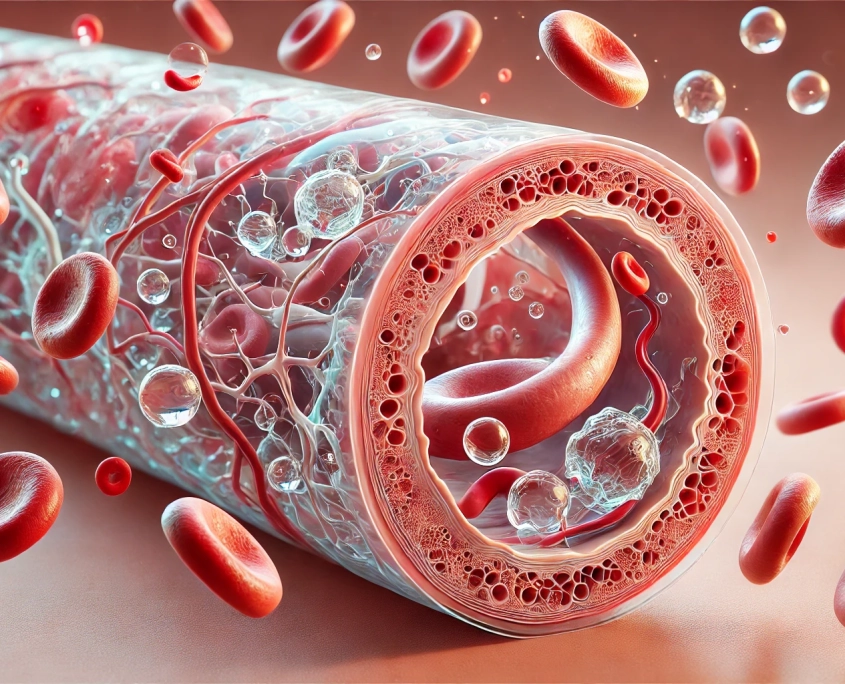
Bio-HPF is a dietary supplement formulated by Biotics Research to provide comprehensive support for digestive health.
This supplement contains a blend of herbs and natural ingredients designed to soothe the gastrointestinal tract, support digestion, and promote overall gut health.
Ingredients and Their Functions
Deglycyrrhizinated Licorice (Glycyrrhiza glabra)
Deglycyrrhizinated licorice (DGL) is a form of licorice root that has had the glycyrrhizin removed to reduce potential side effects such as elevated blood pressure. DGL is known for its ability to soothe and protect the mucous membranes lining the digestive tract, making it beneficial for individuals with ulcers or other gastrointestinal irritations.
Mastic Gum
Mastic gum is a resin obtained from the mastic tree (Pistacia lentiscus). It has been used traditionally to support digestive health and combat infections. Mastic gum can help reduce symptoms of indigestion and protect the stomach lining.
Slippery Elm (Ulmus rubra)
Slippery elm bark has mucilage properties that help soothe the digestive tract. It forms a protective layer over the mucous membranes, reducing irritation and inflammation. Slippery elm is often used to treat conditions like gastritis, ulcers, and inflammatory bowel disease.
Myrrh (Commiphora mol-mol)
Myrrh gum resin has antimicrobial and anti-inflammatory properties. It helps support the immune system and promotes healing of the gastrointestinal tract by reducing inflammation and protecting against infections.
Bismuth Citrate
Bismuth citrate is a compound used to treat gastrointestinal disorders such as indigestion, diarrhea, and Helicobacter pylori infections. It has protective and soothing effects on the stomach lining, making it useful for managing symptoms of gastrointestinal distress.
Clove (Syzygium aromaticum)
Clove flower buds contain compounds that have antimicrobial, antifungal, and anti-inflammatory properties. Clove can help reduce digestive discomfort and support overall gut health by eliminating harmful microorganisms.
Berberine HCl
Berberine is an alkaloid found in various plants, including barberry and goldenseal. It has potent antimicrobial and anti-inflammatory effects, making it effective in treating infections and reducing inflammation in the digestive tract.
Anise (Pimpinella anisum)
Anise seeds are known for their carminative properties, which help reduce bloating and gas. Anise also has antimicrobial effects that support digestive health by preventing infections.
Barberry (Berberis vulgaris)
Barberry bark contains berberine, which helps support the digestive system by reducing inflammation and combating infections. Barberry is traditionally used to treat gastrointestinal issues such as diarrhea and indigestion.
Oregon Grape (Mahonia aquifolium)
Oregon grape root contains berberine and other compounds that support liver and digestive health. It helps reduce inflammation, improve bile flow, and support the body’s natural detoxification processes.
Wild Indigo (Baptisia tinctoria)
Wild indigo root has antimicrobial and anti-inflammatory properties. It supports the immune system and helps maintain a healthy gastrointestinal tract by reducing infections and inflammation.
Purpose and Uses
Supporting Digestive Health
Bio-HPF is designed to provide comprehensive support for digestive health. Its blend of herbs and natural ingredients works synergistically to soothe the gastrointestinal tract, reduce inflammation, and promote healing.
Reducing Gastrointestinal Irritations
The ingredients in Bio-HPF help protect and soothe the mucous membranes lining the digestive tract. This makes the supplement beneficial for individuals with conditions such as ulcers, gastritis, and inflammatory bowel disease.
Combating Infections
Bio-HPF contains several ingredients with antimicrobial properties, helping to eliminate harmful microorganisms in the digestive tract. This can reduce symptoms of infections and support overall gut health.
How to Use Bio-HPF
To use Bio-HPF effectively, follow the recommended dosage of two capsules per serving. It is important to take the supplement as directed on the packaging or by a healthcare provider to ensure optimal results.
Additional Recommendations
For best results, consider incorporating other dietary and lifestyle changes to support digestive health. Eating a balanced diet rich in fiber, staying hydrated, and managing stress can complement the benefits of Bio-HPF.
Supporting Products
- Probiotics: To maintain a healthy gut microbiome.
- Digestive Enzymes: To support efficient digestion and nutrient absorption.
- Fiber Supplements: To promote regular bowel movements and overall gut health.
Bio-HPF offers a comprehensive solution for supporting digestive health through its blend of soothing, anti-inflammatory, and antimicrobial ingredients. Regular use can help alleviate symptoms of gastrointestinal distress, protect the mucous membranes, and promote overall gut health. For optimal benefits, combine Bio-HPF with a healthy diet and lifestyle practices that support digestive wellness.










